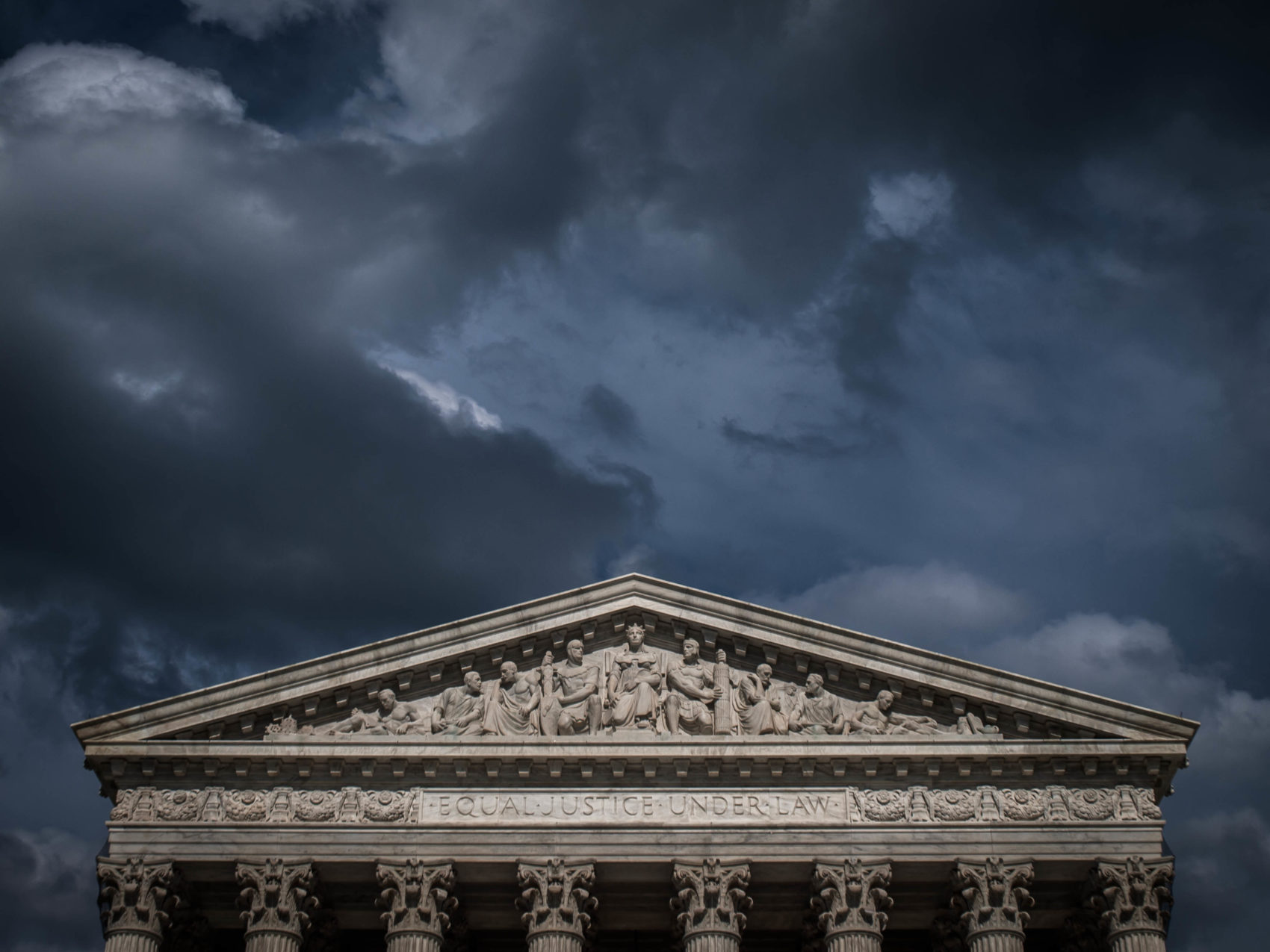|
Spotlights like this one provide original commentary and analysis on pressing criminal justice issues of the day. You can read them each day in our newsletter, The Daily Appeal.
At last night’s debate, the most sustained conversation about the courts was about the possibility of court-packing. Which is a fine thing to discuss, considering how effectively congressional Republicans have shifted the Supreme Court sharply to the right, much farther to the right than the U.S. population itself. Republicans have won the popular vote in one of the five most recent presidential elections, but have made four of the last six Supreme Court appointments. But court-packing barely scratches the surface of the discussions that have become necessary when it comes to the federal judiciary.
“Outside groups like the Federalist Society or the Judicial Crisis Network pour money into promoting conservative judges and putting up campaign ads,” wrote Elie Mystal for Above the Law yesterday, arguing that Democrats have “lost” when it comes to the courts. “The mainstream media is so cowed by the conservative onslaught that they parrot radical conservative views or unqualified conservative judges as ‘reasonable’ possibilities. Republicans successfully stole an entire Supreme Court seat and managed to install an alleged attempted rapist on the Supreme Court, just as an ‘F You’ to women who dare to wish for equal protection under the law.”
Back in March, Mystal wrote that Pete Buttigieg, mayor of South Bend, Indiana, was “the only Democrat making sense about the Supreme Court.” Buttigieg went all-in on Court packing and Court reform, saying that a new structure must emerge. The “exact right model” may still be unclear, Buttigieg said, but “I think the debate must begin.”
“It’s not a debate on how to make the court more progressive. Obviously, I’d like to see a court that is in line with my values. So would everybody else,” he said. “The question to me is how do we arrest the decline in the perception of the court toward being viewed as a nakedly political institution.” One idea from the Yale Law Journal that he put forward at the debate last night is increasing the number of justices from nine to 15, of which five justices are appointed by Democratic presidents, five are appointed by Republican presidents, and then five, from the appellate bench, unanimously agreed upon by those 10 justices. “It takes the politics out of it a little bit, because we can’t go on like this where every time there’s a vacancy, there’s these games being played and then an apocalyptic ideological battle over who the appointee is going to be,” Buttigieg said earlier this year. “If we want to save that institution, I think we better be ready to tune it up as well.”
Brian Fallon, executive director of Demand Justice, earlier this year tweeted that he wasn’t sure who he would support, but he was going to donate to Buttigieg’s campaign to ensure that he could participate in the primaries.
And this week, Demand Justice has released a short list of possible Supreme Court nominees for the next Democratic administration to consider. The list includes several champions of criminal justice, such as Michelle Alexander, James Forman, and Larry Krasner. “In releasing this list, we also hope to make clear that the next Democratic president ought to approach the task of nominating judges with a new playbook––one that prioritizes unabashedly progressive lawyers and legal thinkers, who have all too often been pushed aside. None of the lawyers on our list are corporate lawyers,” instead, they are “former public defenders, public interest lawyers, academics, and plaintiff’s lawyers.”
In response to the Demand Justice list, SCOTUSblog put out a tweet that read either as an unnecessary comment about how Democrats consistently nominate centrists, or as a tacit approval of that course of action.
|


